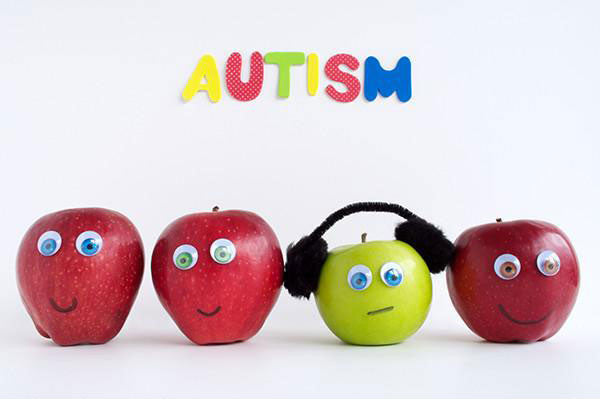Sizing Guide
GUIDE TO MEASURING YOUR WRIST FOR ADJUSTABLE BRACELETS

GUIDE TO MEASURING YOUR WRIST FOR BUCKLED BRACELETS

April 02, 2017

Many autism organizations designated April as “Autism Awareness Month.” Others have even dubbed it as “Autism Acceptance Month.” With regards to this, we believe everyone should be well informed and be better aware of the truths behind Autism.
Fact: It is still unknown until now why some children with autism display this kind of behavior. It might be a way of self-soothing or coping. It might be a feature of a kid’s brain chemistry. Nevertheless, not all do these behaviors. Children with high-functioning autism have mostly learned how to control such impulses. Some even do it in ways that are less socially-embarassing.

Fact: This is a known myth that only boys can have autism but this is not entirely true. Autism Spectrum Disorders (ASDs) actually occur across all age groups, economic backgrounds, ethnic groups and gender. The CDC (Centers for Disease Control and Prevention) monitors the prevalence of ASD in selected communities. From there, they make general estimates. They found out that one in 68 children has an ASD (one in 189 girls, one in 42 boys) at the age of 8.
Fact: Unfortunately, no cure exists yet for ASDs. Despite this sad news, it does not mean that early therapies cannot help. In fact, research shows that after intensive interventions, some children make enough improvement.
Fact: Kids with autism often like to make friends with others. They just do not have the skills for social awareness that are needed to do so. In Western culture, lack of eye contact often means disrespect. This is one example of trait that people with autism find difficulty in: looking another in the eye. To stick to their thoughts, they look “inward.”

Fact: Autism is not a static condition. It might develop positively or negatively throughout time. Despite that, others might develop epilepsy or seizure-like activities, some children’s symptoms improve with treatment and age as they grow older. Throughout their lives, people with autism might need continuous support. But others are able to work and live independently.
Fact: In reality, people with ASDs also suffer from food sensitivities, food allergies, and gastrointestinal problems.

Fact: Here’s the real thing: no one knows what caused it. Even genetics alone cannot be used to distinguish why one has autism and another has none. The National Institute of Health says that a genetic component might be one of the causes, but environmental factors can also be involved.
Fact: In fact, they are. Oftentimes, children with ASDs have trouble managing their emotions. It’s either they over- or under-express them, in attempts to cope up with others. They might also misunderstand a situation and respond inappropriately.
Fact: This is not true for all. Kids with autism are faced with rules and routines as a way of keeping them safe. But as some might develop social and practical skills, as well as be more comfortable in who they are, then they can be less reliant to these rules in managing their activities.
Fact: Specialists evaluate autism through behavioral symptoms. Some of these symptoms include not responding to his or her name, failing to make eye contact, playing with toys in unusual, repetitive ways, and rocking motion. If physical symptoms are ruled out, then medical tests might be taken.

Misinformation makes anxiety worse. It is always best to separate facts from fiction to make a difference in the world, may it be about autism or not.
Comments will be approved before showing up.
January 08, 2018
January 01, 2018
November 11, 2017 1 Comment
This section doesn’t currently include any content. Add content to this section using the sidebar.
This section doesn’t currently include any content. Add content to this section using the sidebar.


